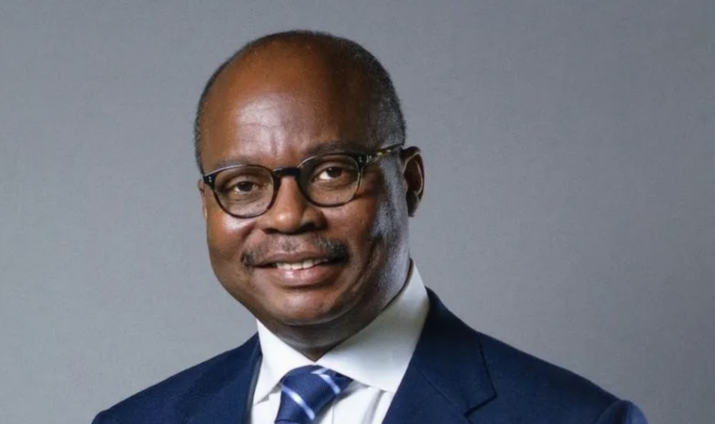The Monetary Policy Committee (MPC) of the Bank of Ghana (BoG) has decided to keep the policy rate unchanged at 27%. This decision comes after the committee’s final meeting for the year, where it reviewed the country’s economic situation and outlook.
In its statement, the BoG explained that the timeline for inflation to return to its target band of 6-10% has been adjusted. Originally expected to fall within this range by the third quarter of 2025, the new forecast projects that inflation will reach this target in the fourth quarter of 2025.
The statement highlighted that, in the near term, the strengthening of the local currency is expected to positively impact future price developments. However, the BoG noted that inflation projections remain slightly elevated, largely driven by high and unstable food prices, the pass-through effect of previous exchange rate pressures, fuel price increases, and adjustments in utility tariffs.
The MPC also pointed out that food price increases have been significant, which, coupled with earlier rapid depreciation of the local currency, has disrupted the inflation trajectory and hindered the disinflation process that was initially expected. Given these factors, the committee opted to maintain the policy rate at its current level to provide stability and support efforts to stabilize inflation.
The Bank of Ghana’s Monetary Policy Committee (MPC) also noted that, at the time of its previous meeting, the average inflation forecast for the year ahead stood at 19.0%. However, this forecast has increased slightly to 20.1% in the current assessment. This upward revision reflects the ongoing inflationary pressures in the economy, driven by factors such as rising food prices, previous exchange rate pressures, and adjustments to fuel prices and utility tariffs.
The BoG’s statement emphasized that while the near-term outlook for inflation remains challenging, the committee’s decision to maintain the policy rate at 27% is aimed at supporting efforts to manage inflationary risks and stabilize the economy. The BoG continues to monitor these inflationary trends closely, with a revised expectation for inflation to return within the target band of 6-10% by the fourth quarter of 2025.
The Bank of Ghana’s Monetary Policy Committee (MPC) maintained the policy rate at 27% during its final meeting of the year, citing various economic factors that influenced the decision. The MPC indicated that inflation expectations for the next year have increased slightly from the previous forecast of 19.0% to 20.1%. This revision was primarily due to persistent inflationary pressures, which include the high and volatile prices of food items, the pass-through effects of earlier currency depreciation, and rising fuel prices, along with utility tariff adjustments.
In its statement, the MPC emphasized that although the inflation outlook remains elevated, it has made progress in stabilizing the exchange rate, which is expected to positively affect future price developments. The strengthening of the local currency is seen as an important factor that could help mitigate inflationary pressures going forward.
Despite these challenges, the MPC reaffirmed its commitment to achieving price stability and balancing the economic risks. The committee also noted that the inflation trajectory had been significantly altered in recent months, with food prices seeing steep increases, which, combined with the earlier depreciation of the currency, had stalled the disinflation process that was initially anticipated. The revised forecast now expects inflation to return within the target band of 6-10% by the fourth quarter of 2025, a shift from the original target of the third quarter.
In terms of the broader economic outlook, the MPC acknowledged the challenging conditions but expressed cautious optimism that efforts to stabilize inflation, alongside other monetary and fiscal policies, would yield positive results in the medium term. The Bank of Ghana is likely to continue monitoring inflation developments closely, and it remains committed to using appropriate tools to manage the risks to price stability, exchange rate stability, and overall economic growth.
The BoG’s decision to keep the policy rate unchanged reflects its approach to manage the economy’s inflationary pressures while also supporting growth in a challenging environment. The MPC continues to highlight the importance of fiscal discipline, improved revenue generation, and better management of inflationary factors in achieving its long-term stability goals.









